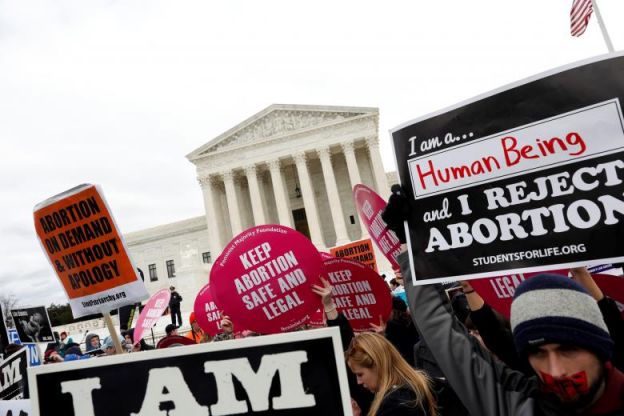Iowa governor signs bill banning abortions after detection of fetal heartbeat

Iowa Gov. Kim Reynolds has approved legislation that bans abortions after the detection of the unborn baby's heartbeat.
The Fetal Heartbeat Bill, signed by Reynolds on Friday, would require pregnant women seeking an abortion to undergo an ultrasound to determine if the unborn baby's heartbeat can be detected.
"I believe that all innocent life is precious and sacred, and as governor, I pledged to do everything in my power to protect it. That is what I am doing today," Reynolds said in a statement.
Experts have noted that the fetal heartbeat can be detected as early as six weeks into pregnancy.
According to Catholic News Agency, the new measure also prohibits the acquisition or transfer of fetal remains in the state, but the ban does not apply to medical diagnostic samples, forensic investigations or to fetal body parts donated for medical research following a miscarriage or stillbirth.
The bill was passed by the Iowa House of Representatives by a vote of 51-46, and was approved by the Senate the next day by a vote of 27-19.
The new law, which goes into effect on July 1 if it is not blocked by the courts, contains exceptions in cases of rape or incest, fetal abnormality and when the woman's life is at risk. Current law in Iowa prohibits abortions after 20 weeks into pregnancy.
Planned Parenthood plans to challenge the new legislation in court.
"It's shameful that when Planned Parenthood heard lawmakers were introducing legislation to ban abortion, we were outraged — but we weren't surprised," Suzanna de Baca, president and chief executive officer of Planned Parenthood of the Heartland, according to USA Today.
"But I think many of us still never expected that Governor Reynolds would so swiftly jump to sign a bill that is so clearly unconstitutional," she added.
Reynolds has acknowledged that the new legislation will be challenged in court and is unlikely to take effect until it is upheld by the U.S. Supreme Court.
The governor, however, maintained that she will not back down, adding that her decision to sign it was "bigger than just a law."
The Supreme Court has declined to hear similar cases in the past, but pro-life advocates have been increasingly optimistic as President Donald Trump appoints more conservative judges.











